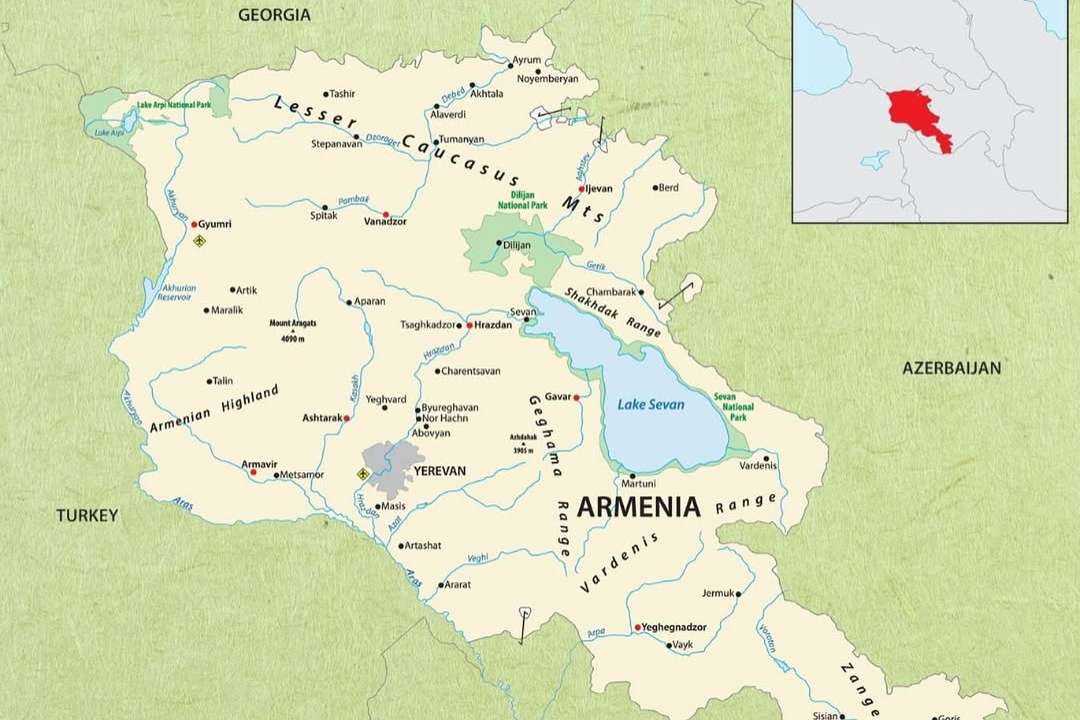All there is to know about Armenia's European Union membership bid

On January 9, 2025, the Armenian government approved a draft law initiating the country's formal process to join the EU. This decision underscores Armenia's aspiration to deepen its ties with Europe and signals a potential realignment in its geopolitical stance.
In 2017, Armenia and the EU signed the Comprehensive and Enhanced Partnership Agreement (CEPA), which came into effect in March 2021. This agreement laid the foundation for closer political and economic cooperation between the two parties. Building upon this framework, Armenia has progressively strengthened its relationship with the EU.
In March 2024, the European Parliament passed a resolution affirming that Armenia meets the requirements of Article 49 of the Maastricht Treaty, thereby making it eligible to apply for EU membership.
Following this, Armenian Prime Minister Nikol Pashinyan announced plans to apply for EU candidacy by autumn 2024. Subsequently, a citizen-led initiative garnered sufficient support to prompt the government to back a draft law initiating the accession process.
Prime Minister Pashinyan has emphasised that the accession process will be gradual and will require a national referendum to secure public approval.
He stated, "In the event of the adoption of this law, it is necessary to have a certain idea of actions up to the point of holding or not holding a potential referendum." This approach underscores the government's commitment to ensuring that EU membership aligns with the will of the Armenian people.
Geopolitical implications
Armenia's bid for EU membership marks a significant pivot from its traditional alliance with Russia. Historically, Armenia has relied on Russia for security guarantees and is a member of the Russia-led Eurasian Economic Union (EAEU). The Kremlin has expressed concerns over Armenia's EU aspirations, with spokesperson Dmitry Peskov stating that it is "impossible" to be a member of both the EU and the EAEU.
This move also occurs in the context of Armenia's ongoing tensions with neighbouring Azerbaijan. The recent conflict over Nagorno-Karabakh and the subsequent displacement of ethnic Armenians have heightened Armenia's sense of vulnerability and may have influenced its decision to seek closer ties with the EU.